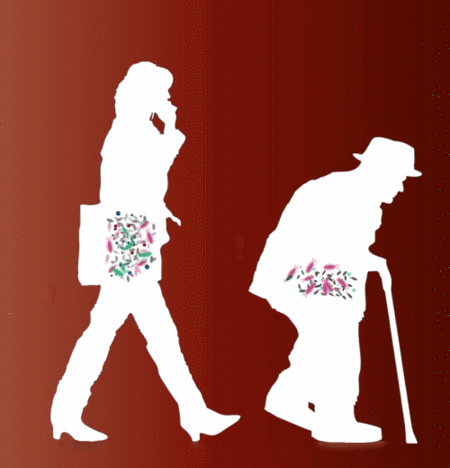The funding is to be used to build up a new research focus on “Microbiome and Aging” at the Institute. In parallel, a recruitment effort to fill an associated tenured W3-professorship has already been initiated.
The Leibniz Institute on Aging – Fritz Lipmann Institute (FLI) in Jena, Germany, was awarded 5 million EUR additional funding from the German Federal Government and the Federal State of Thuringia in order to build up a new research focus on “Microbiome and Aging” at the Institute. The FLI had applied for this so-called “Sondertatbestand” (Temporary Extraordinary Item of Expenditure) in the course of the Institute’s scientific evaluation in 2016. “We are extraordinarily happy about this funding decision”, says Prof. Dr. Alfred Nordheim, who only recently has taken on the scientific leadership of FLI. “With this additional research focus, the FLI can further sharpen and strengthen its research profile in the area of aging research”, he continues. The first step towards initiation of the new research focus will be the appointment of a separately funded, tenured W3-professorship in collaboration with the Medical Faculty of the Friedrich Schiller University Jena. The professor will act as senior group leader at FLI and, furthermore, will be complemented by two additional new junior research groups at the FLI.
Microbiome: The Very Smallest Inhabitants of Our Body
The human microbiome comprises all microorganisms that inhabit the body surfaces of human beings. These microorganisms, primarily bacteria, live in symbiosis with humans: E.g. in the intestine, they help us to break down nutrition to its elements and, in return, they subsist on our body. There is increasing evidence that the composition of commensal bacteria on body surfaces like skin or intestinal walls changes during aging. Vice versa, this aging-associated change in the microbiome influences the way we age. This is controlled by bacterial metabolite signaling and epigenetic responses to this signaling in target tissues. The FLI intends to incorporate the new research program, aiming to understand changes in microbiome composition during aging and its consequences for human organismal aging – a focus which is novel at the international level.
Further information on Appointment Procedure of the Tenured W3 Professorship “Microbiome and Aging”


